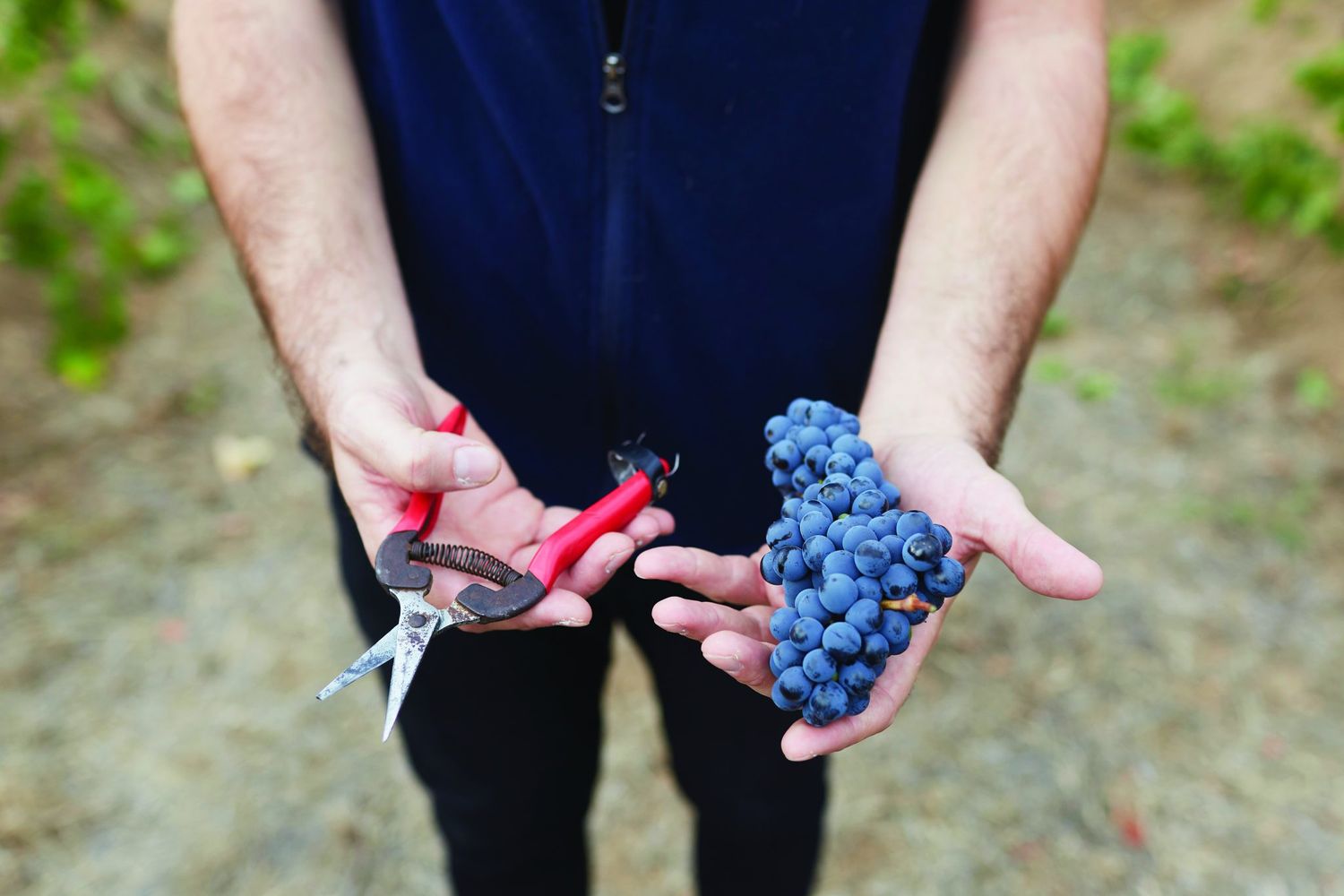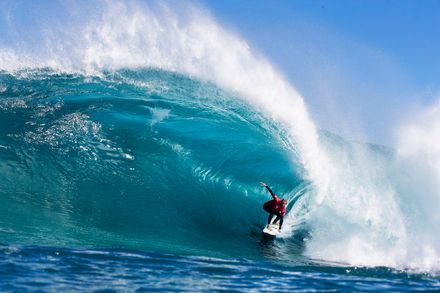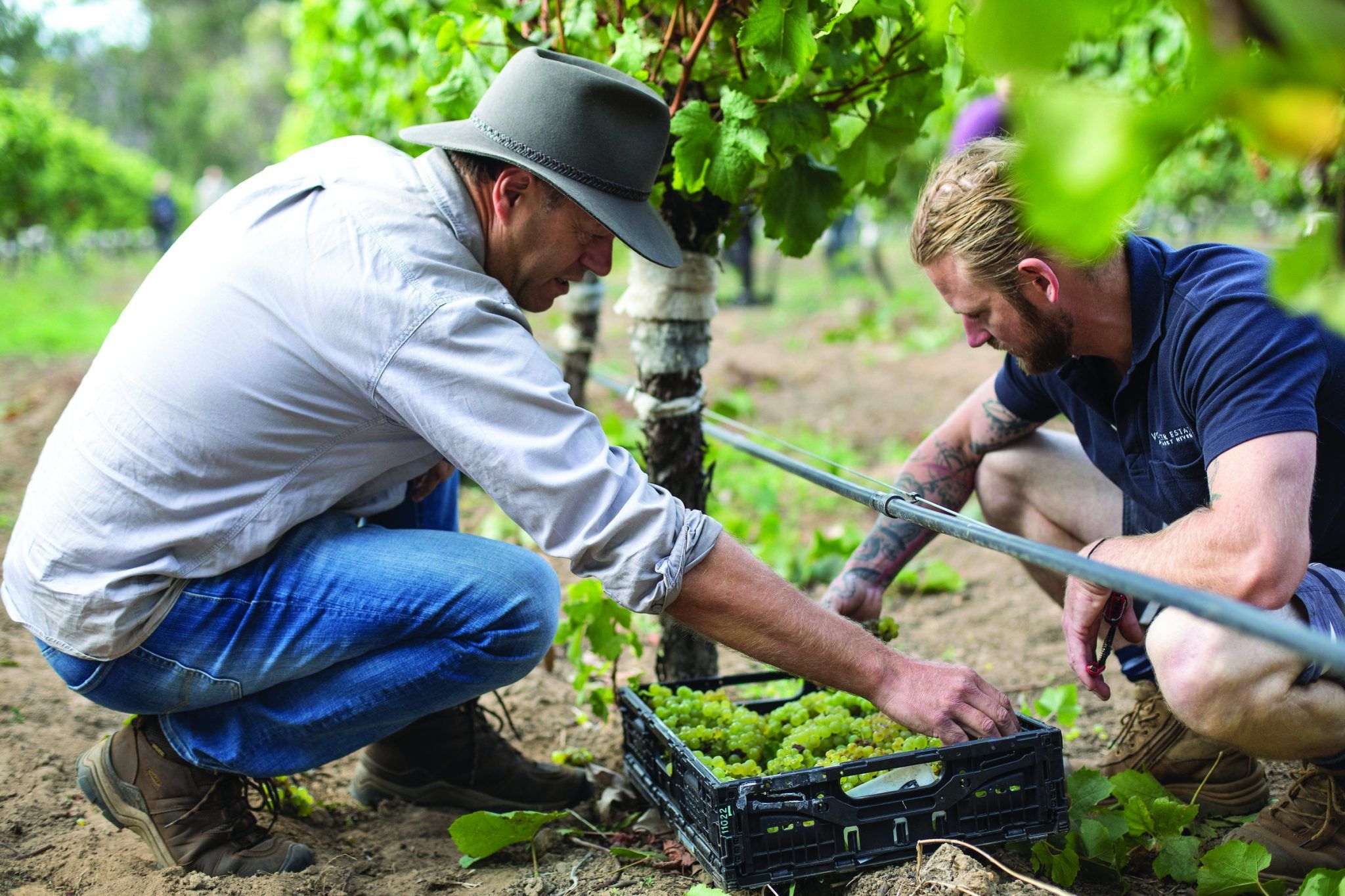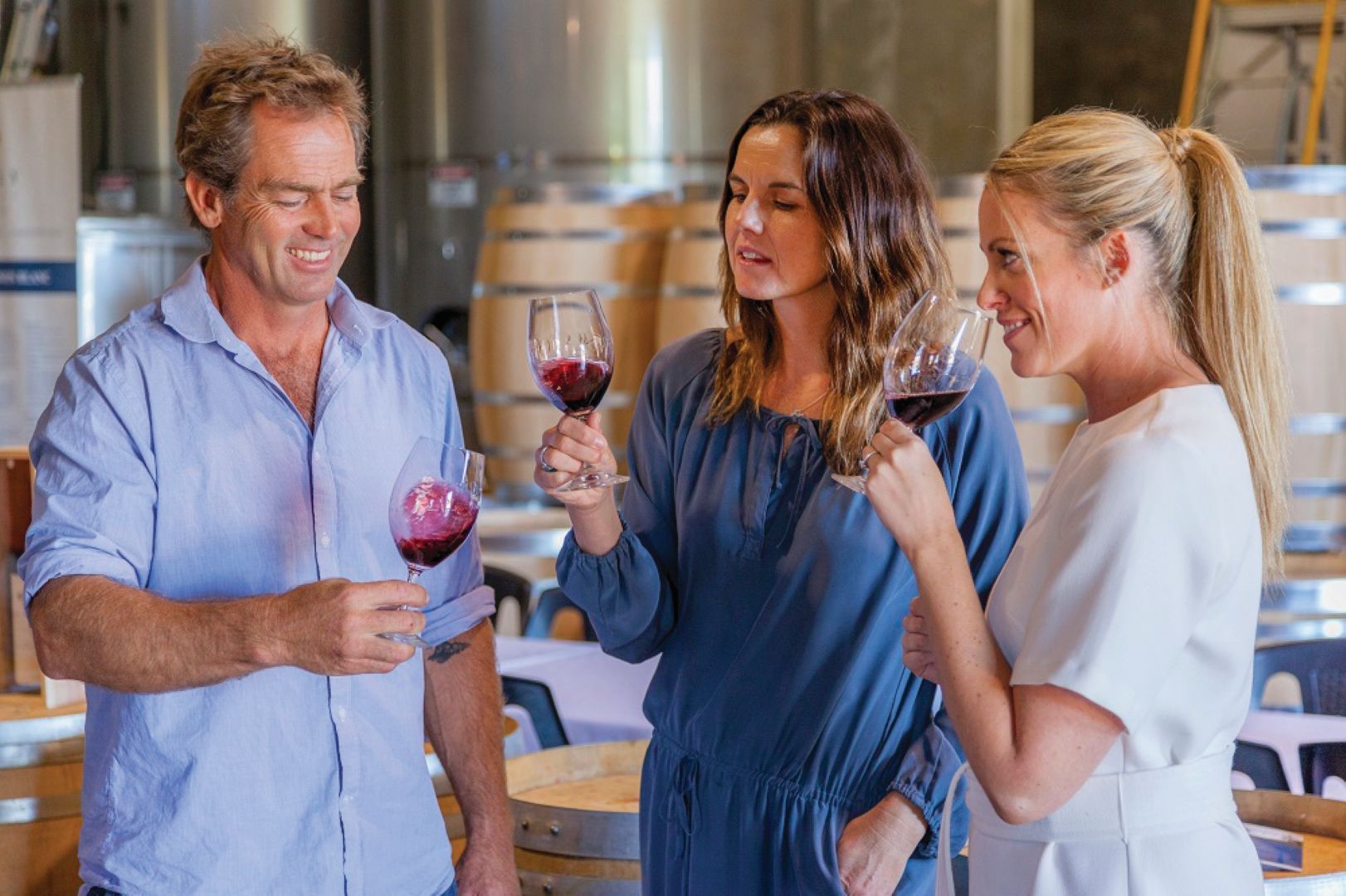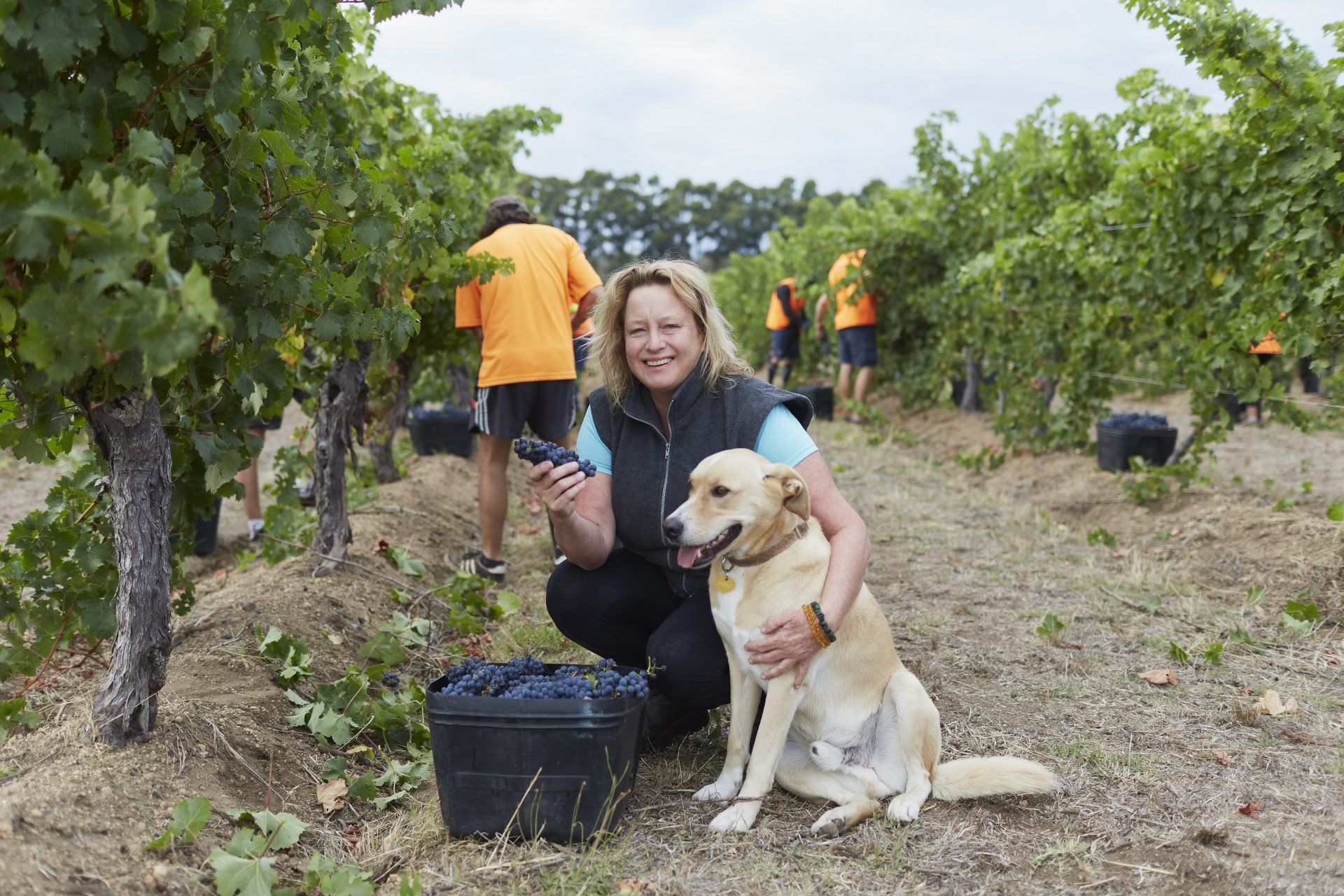Cullen Wines are one of the pioneering wineries of Margaret River, founded in 1971. They are a certified biodynamic winemaker. They are also the first winery in Australia to become certified carbon neutral.
Vanya Cullen takes up the story on where her interest in sustainable winemaking came from.
“Mum and dad cared for the environment and used minimal chemical inputs. For example in the early 90s mum trialled seaweed as a fertiliser. We began the conversion to organic from 1998, becoming certified in 2003. Then I became interested in biodynamic which I saw as a step above. A sort of organics plus.”
By 2008, the Cullen and Mangan vineyards and the winery had been certified biodynamic.
But what is biodynamic winemaking?
Biodynamic is similar to organic farming in that both take place without chemicals, but biodynamic farming also views the vineyard as an ecosystem. It takes astrological influences and lunar cycles into consideration in the timing of when activities happen in the vineyard.
Over time, methods and preparations create deeper topsoil, increase root mass and depth, and increase water holding capacity of soils – thereby improving plant health and improving the plant’s resistance to pests and disease.
Vanya sees it as “the embodiment of terroir in its sustainability and connection to the soil”.
I asked her to explain the idea of root, fruit, flower and leaf days.
“They are related to the planetary aspect and determine what activities should be conducted on particular days for example – planting on fire sign days and watering on leaf days.”
Biodynamic winemaking has its sceptics who see all of this as mumbo jumbo. I asked Vanya if it was scary going out on a limb from the rest of the industry.
“Australia doesn’t have a tradition of sustainable agriculture, but we are getting better. With biodynamics there is a real focus on quality and sustainability. It feels lovely to honour nature. Initially we got dropped off the mainstream as we were given the ‘environmental’ tag. But now, sustainability is becoming a greater priority for everyone.”
Many of names of Cullen’s wines reflect the biodynamic approach to wine making: Dancing in the Moonlight is her rosé–, Dancing in the Sun is a sauvignon/semillon mix, Rose Moon is a pet nat rosé.
“I believe that you can see the detail and completeness in the wine. You can see the difference in the vibrancy of a pure product.”
